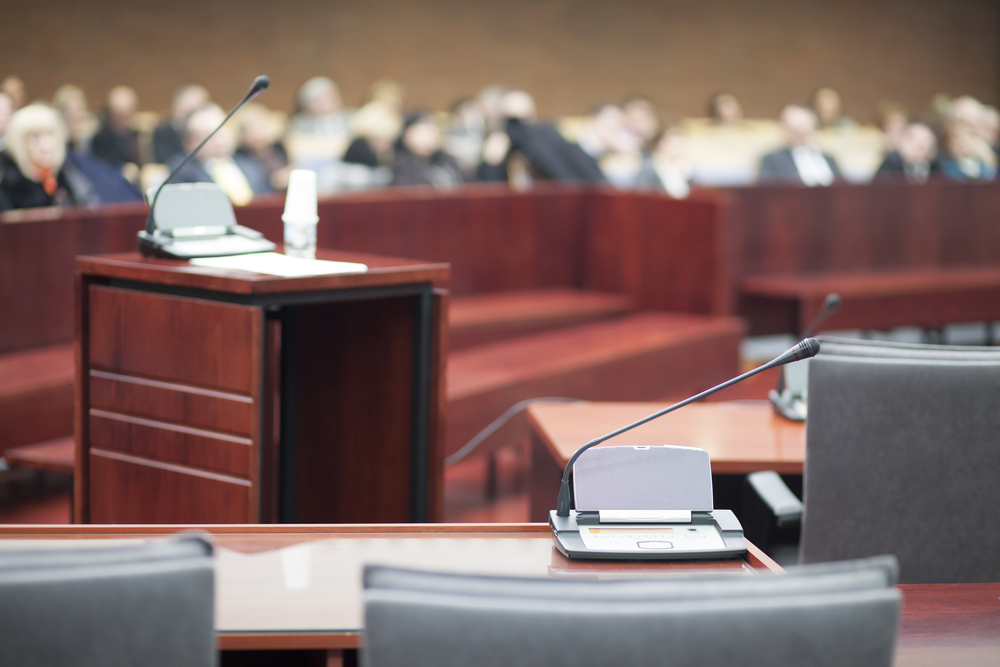Airplanes have been around for a long time, but the cockpits have certainly evolved to incorporate more technology, allowing the pilots to do more, focus on more critical things, get more information faster, and make better decisions. The same thing is happening in the legal technology world. Although there is no app that can argue our motions or depose expert witnesses, technology is providing us with shortcuts and better tools to do our jobs.
The Importance of Jury Research
One area where technology has helped us is in jury pool research. Doing focus groups is an invaluable way to gather information and test your theories on a case. I personally participate in about 12 focus groups a year. Every case we take to trial gets at least two focus groups. At focus groups, you can uncover hidden issues in your cases that you never noticed. For example, in a recent case, we did a focus group and showed a panel of jurors some handwritten checks. One of the jurors noticed that the handwriting for the date on one of the checks was different from the handwriting on the rest of the checks, and thought we were being deceptive by presenting forged checks. The checks were not forged, but then we knew that we had to throw in a short explanation for the reason of the change in the handwriting. We’ve done focus groups in personal injury cases to see if the fact that our client walks a mile a day, where before he was running five miles a day, helps us or hurts us. We’ve done focus groups in medical malpractice cases to see whether overwhelming, complex medical terminology helps our case or hurts it. There is simply no substitute for doing the research.
Read the rest from Jeff Bennion at Above the Law Blog.
Interested in Litigation technology? Check out eDepoze by eDepoze, a single platform for conducting all post-eDiscovery events In Witness Preparation | In Depositions | In the Courtroom | In Arbitration.

